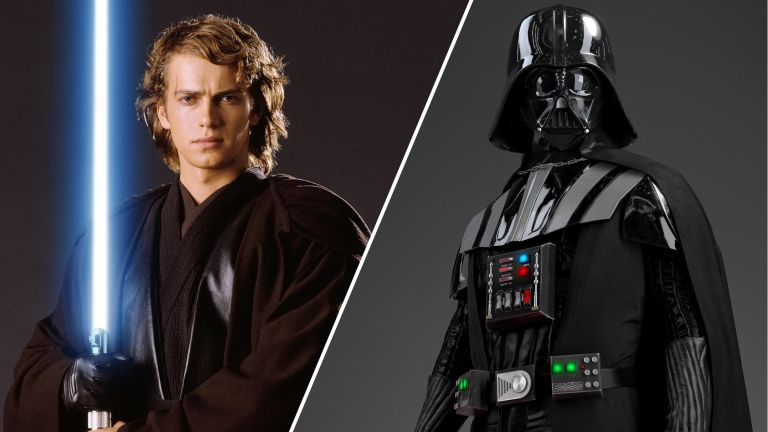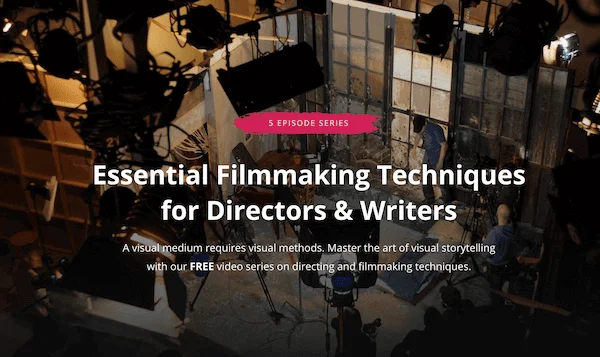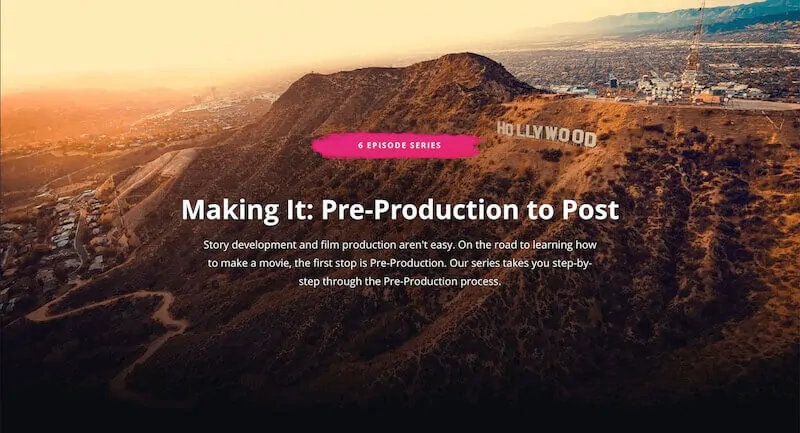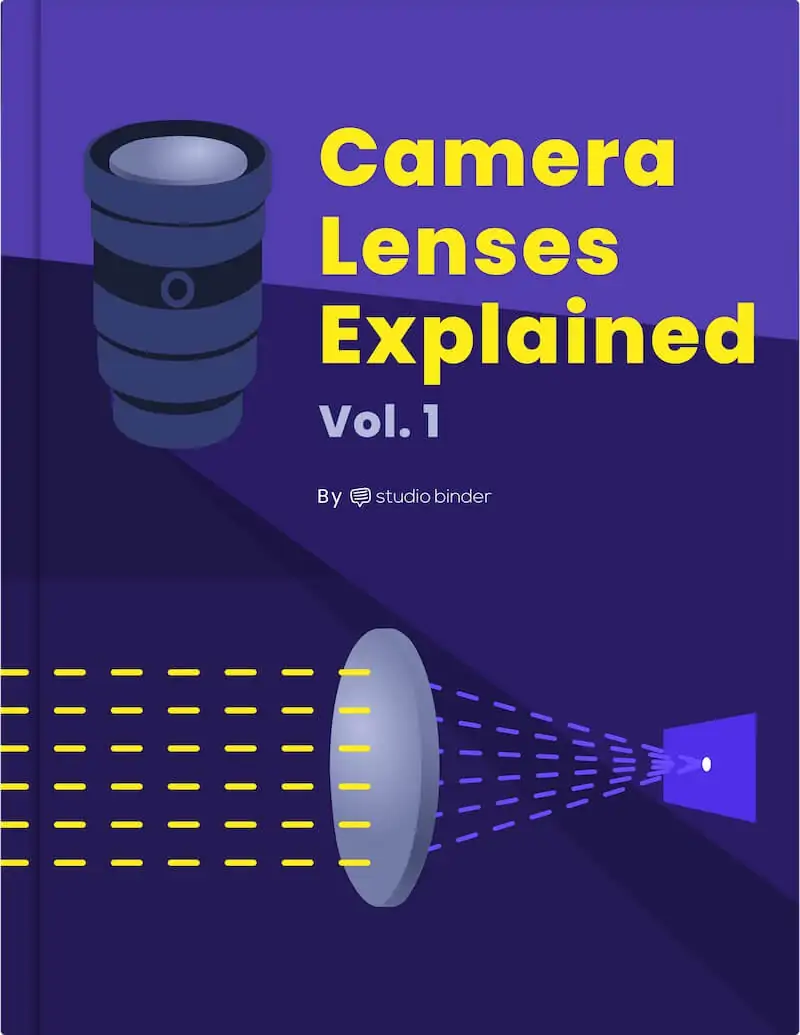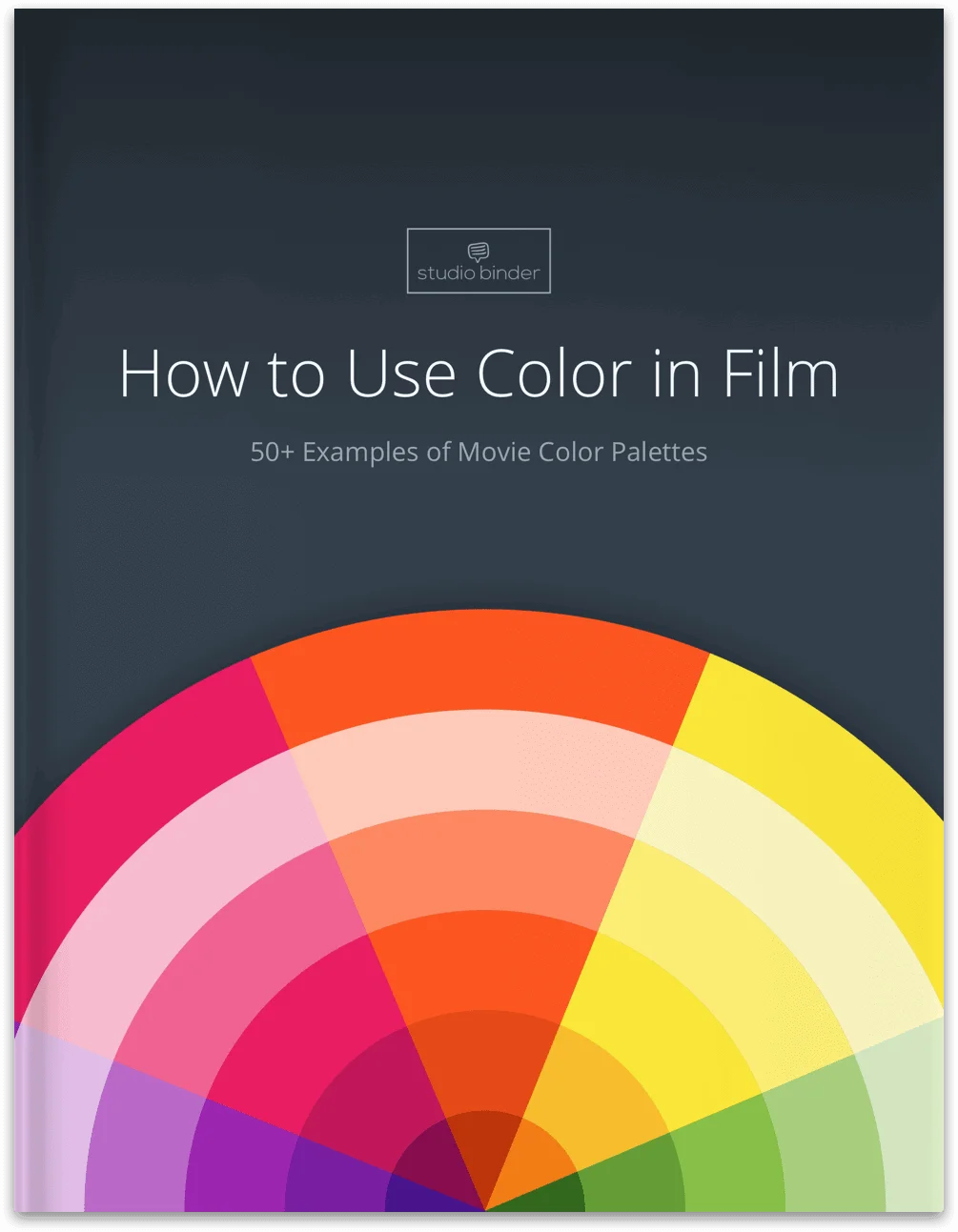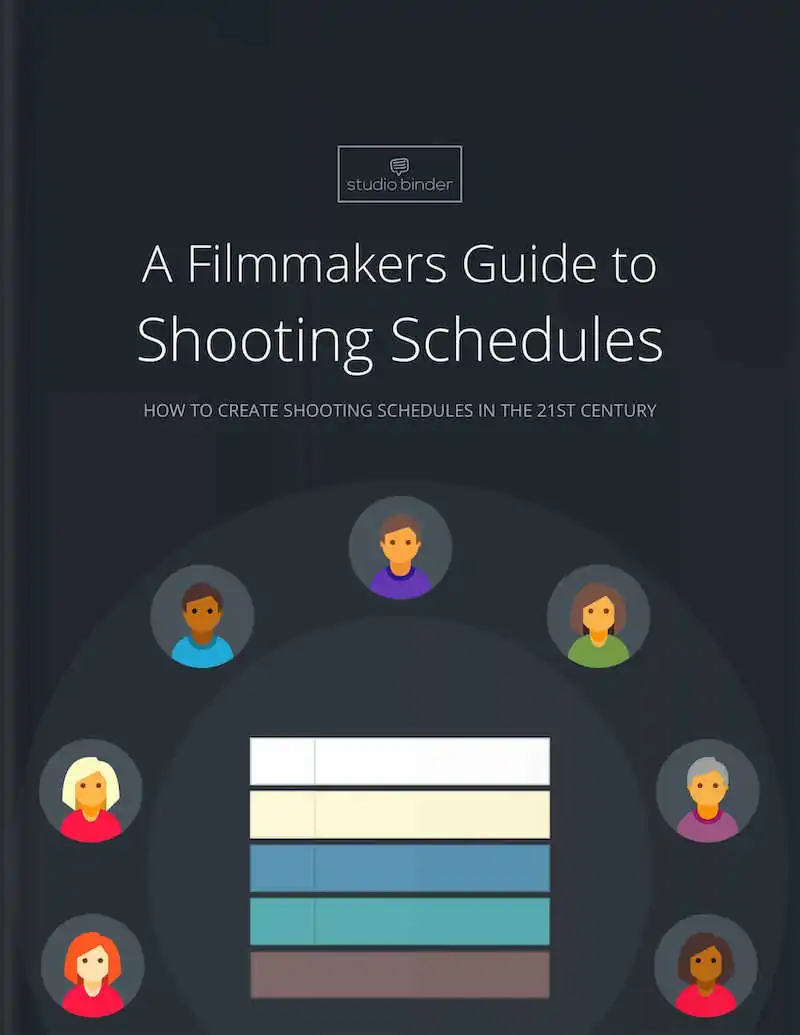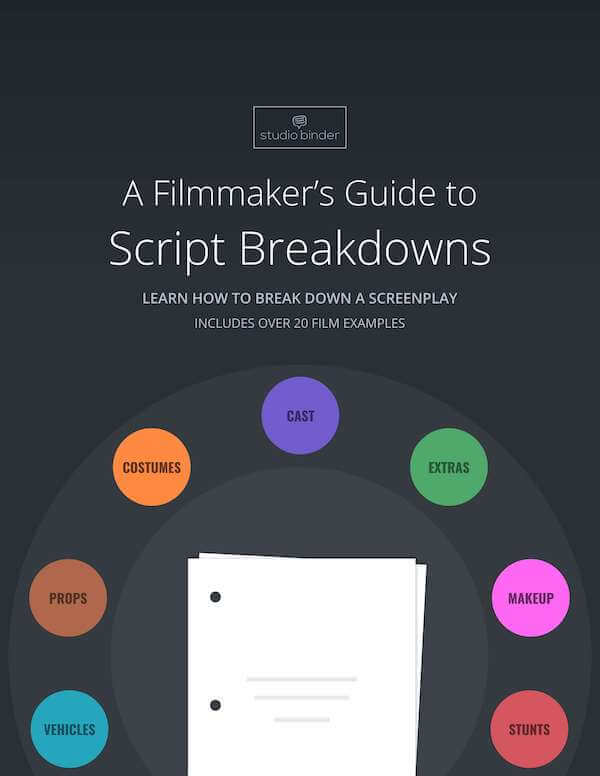Sometimes you just can't find the words to express how you feel. To match the depth or intensity of what you're trying to communicate, you need something like overstatement. As one of the subtypes of verbal irony, overstatement allows the speaker to communicate in hyperbole to get their point across. We will briefly define overstatement before moving onto to some examples of this concept in action.Continue reading What is Overstatement — Definition and Examples for Writers
The future is unwritten — at least that's what they say — but the past is very much written. From a present-day perspective, we can learn about what was done and whether or not it worked. In storytelling, historical irony gives your characters perspective. It is a very specific type of situational irony so let's talk about how it can be used effectively with examples from David Fincher, George Lucas, and Guillermo del Toro.Continue reading What is Historical Irony? Definition & Examples
Dramatic irony requires time to work effectively. And, in the best examples, dramatic irony unfolds over the course of minutes, an hour, or even the entire film. Similar to a three-act structure, there are stages to how it works. What are the stages of dramatic irony? We'll answer that with examples from classic movies so that you'll know how to use it in your own screenplays.Continue reading What Are The Stages of Dramatic Irony? Examples for Screenwriters
Socratic irony is one of the more manipulative types of irony. It's a tricky way to get information out of someone that can be used against them later. This type of irony is perfect for courtroom scenes but can applied in any sort of verbal confrontation. Let's define Socratic irony with examples from both drama and comedy to give you an idea of how it may be used in your own scripts. Continue reading What is Socratic Irony? Definition and Examples for Screenwriters
Dramatic irony gives the audience more information than the character. It is a powerful type of irony built for suspense, but, in many cases things turn out OK in the end. That's not the case with tragic irony — as the name suggests, things don't turn out OK at all! Let's take a look at how it can give your script a healthy dose of tragedy. Continue reading What is Tragic Irony? Definition and Examples for Screenwriters
Structural irony is born when the characters are completely unaware of the situation they are in. Often, this is due to their lack of intelligence or ignorance. Either way, this subtype of situational irony is a foolproof recipe for comedy but it also works in drama as well. We're going to dive into this subject with a definition and examples so you can see how it works and apply it to your next screenplay. Continue reading What is Structural Irony? Definition and Examples for Screenwriters
Karma can be a very satisfying element in storytelling and that's exactly what poetic justice (aka poetic irony) can provide. There is a risk that the attempt at poetic irony might come across as trite or unrealistic but when it works, it works. What is poetic justice? Let's define it with a couple of examples to give you an idea of how it can be done well with the satisfaction quota met.Continue reading What is Poetic Justice? Definition and Examples for Screenwriters

